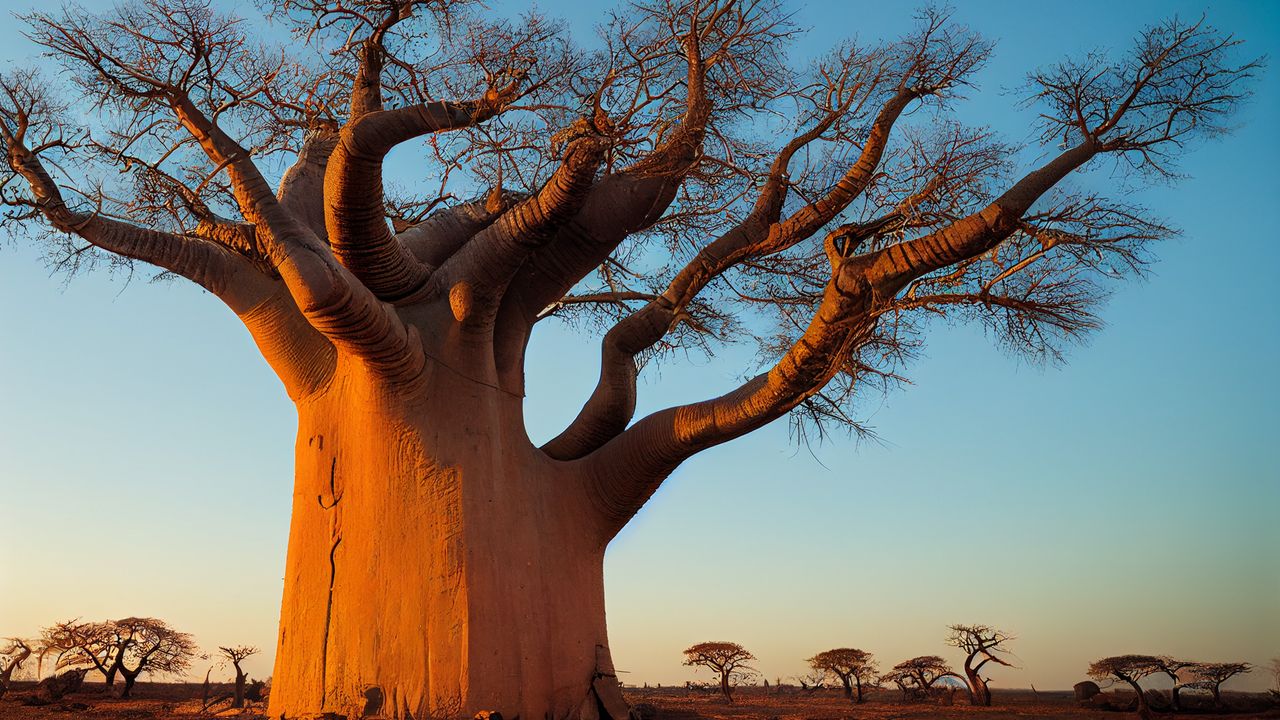Cultural Experiences in Africa: Exploring Diversity Through Storytelling
Africa is a continent rich in cultural diversity, with over 3,000 distinct ethnic groups and languages spoken. From the vibrant music and dance of West Africa to the intricate beadwork of the Maasai people in East Africa, there is no shortage of unique cultural experiences to be had. One of the best ways to truly immerse oneself in African culture is through cultural storytelling, which allows visitors to learn about the history, traditions, and beliefs of the people they are visiting.
Cultural storytelling is an ancient tradition in Africa, passed down from generation to generation through oral traditions. It is a way of preserving the history and culture of a people, and passing on important lessons and values to future generations. Many African cultures have their own unique forms of storytelling, such as the griots of West Africa, who are professional storytellers and keepers of oral history.
One of the best places to experience cultural storytelling in Africa is in the villages of Ghana. The Ashanti people of Ghana have a rich tradition of storytelling, with stories passed down through generations that explain the origins of their culture and beliefs. Visitors to Ghana can visit the Ashanti villages and hear stories told by local elders, who use music, dance, and song to bring the stories to life.
Another way to explore African culture is through cultural exploration. This can involve visiting local markets, trying traditional foods, and participating in cultural activities such as dance and music performances. In Tanzania, visitors can take part in a Maasai cultural tour, which includes a visit to a traditional Maasai village, where visitors can learn about the Maasai way of life, including their unique dress, customs, and beliefs.
Cultural exploration can also involve visiting museums and cultural centers, which offer a deeper understanding of African culture and history. The National Museum of African Art in Washington, D.C. is one such example, with a collection of over 12,000 objects representing the diversity of African art and culture.
One of the most unique cultural experiences in Africa is the annual Festival in the Desert in Mali, which brings together musicians and artists from across the Sahara region for a celebration of music, dance, and culture. Visitors can camp in the desert and listen to traditional Tuareg music, as well as explore the local markets and participate in cultural activities.
In conclusion, Africa offers a wealth of cultural experiences for visitors, from cultural storytelling to cultural exploration. By immersing oneself in African culture, visitors can gain a deeper understanding and appreciation of the diversity of the continent. Whether it’s visiting a traditional village, attending a music festival, or exploring a museum, there is no shortage of ways to experience African culture.
